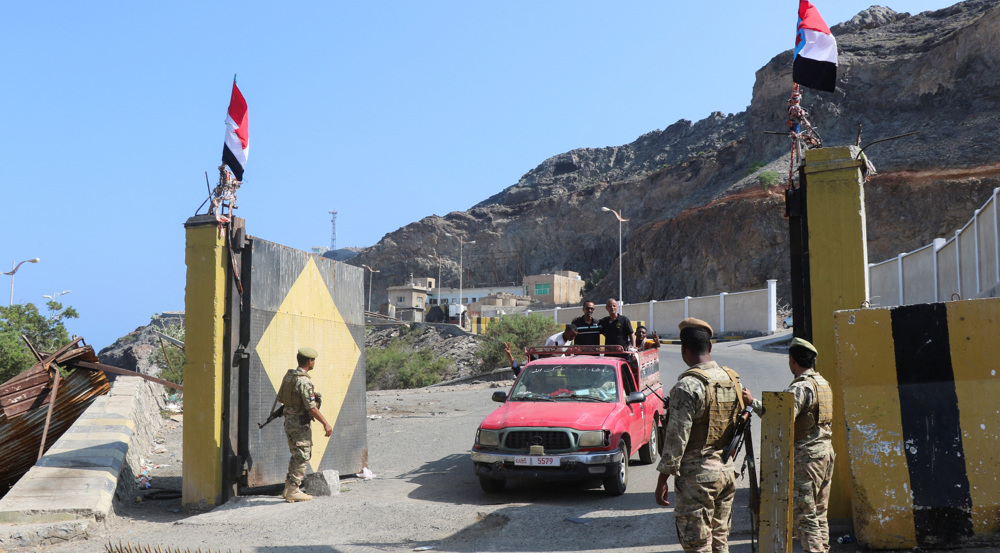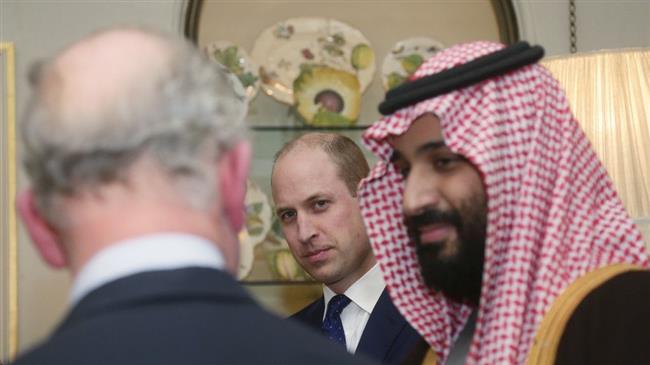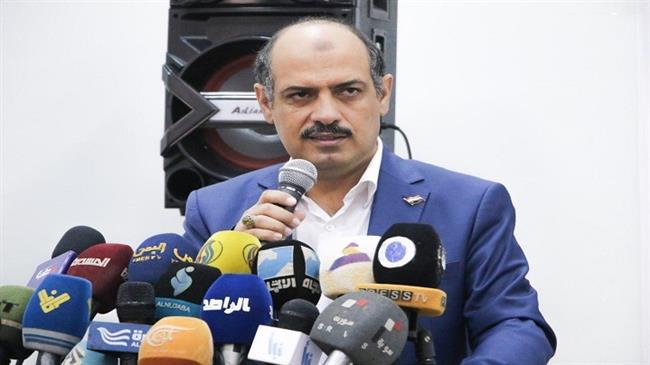WFP exploiting suffering of Yemeni people, spying on them: NAMCHA
Yemen’s National Authority for the Management and Coordination of Humanitarian Affairs and Disaster Recovery (NAMCHA) has accused the World Food Programme (WFP) of corruption and exploitation of the suffering of the Yemeni people, arguing that the world body is apparently making use of a biometric system in aid distribution for intelligence purposes.
“The WFP is no longer carrying out a humanitarian operation (in Yemen), but its activities have rather become purely political. It is advancing the agendas of the United Arab Emirates, Saudi Arabia and the United States,” NAMCHA said in a statement published by Lebanon-based and Arabic-language al-Mayadeen television news network on Tuesday.
The statement added, “The donors and financiers of the WFP are the countries participating in the aggression on Yemen, led by America, Saudi Arabia and the UAE.”
NAMCHA then called on the United Nations, the World Food Programme and all international organizations to shoulder their responsibilities towards the sufferings of the Yemeni people and to continue to provide assistance.
United Nations food chief David Beasley warned on Monday that the humanitarian situation in Yemen is deteriorating due to a diversion of aid and clashes between Houthi Ansarullah fighters and militiamen loyal to Yemen's former president Abd Rabbuh Mansur Hadi.
Beasley said WFP had been unable to implement agreements with the Houthis on the registration of people in need and the rollout of a biometric system - using iris scanning, fingerprints or facial recognition - to support aid delivery.
Meanwhile, UN Emergency Relief Coordinator Mark Lowcock said food, fuel and medicine imports have declined sharply since the beginning of the Saudi war on Yemen more than four years ago.
Lowcock added that the devaluation of Yemen’s currency has affected the people’s livelihood and urged all parties to help establish peace in the conflict-ridden Arab country.
Saudi Arabia and a number of its regional allies launched a devastating campaign against Yemen in March 2015, with the goal of bringing the government of Hadi back to power and crushing the Houthi Ansarullah movement.

The US-based Armed Conflict Location and Event Data Project (ACLED), a nonprofit conflict-research organization, estimates that the Saudi-led war has claimed the lives of over 60,000 Yemenis since January 2016.
The war has also taken a heavy toll on the country’s infrastructure, destroying hospitals, schools, and factories. The UN says over 24 million Yemenis are in dire need of humanitarian aid, including 10 million suffering from extreme levels of hunger.
‘Profound moral aberration’: Iran slams US sanctions on ICC judges
Egypt’s gas deal funnels $35bn to Israeli coffers
Yemen rallies against Qur'an desecration as tens of thousands march in Sa’ada
‘Grotesque colonial fantasy’: Venezuela's UN envoy hits back at Trump over oil remarks
Farmers say EU leaders ‘don’t care’ about real problems
Iran unveils advanced simulator covering 300 civilian, military ships
VIDEO | Press TV's news headlines
VIDEO | International Migrants Day: Protest in Paris against racism, state policies

















 This makes it easy to access the Press TV website
This makes it easy to access the Press TV website